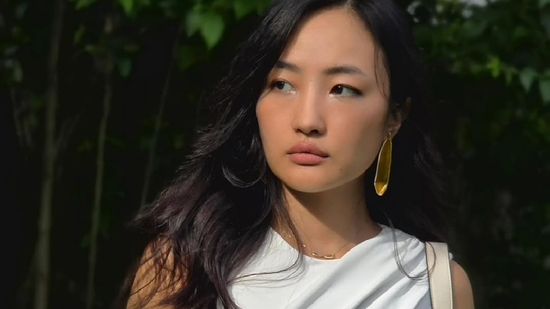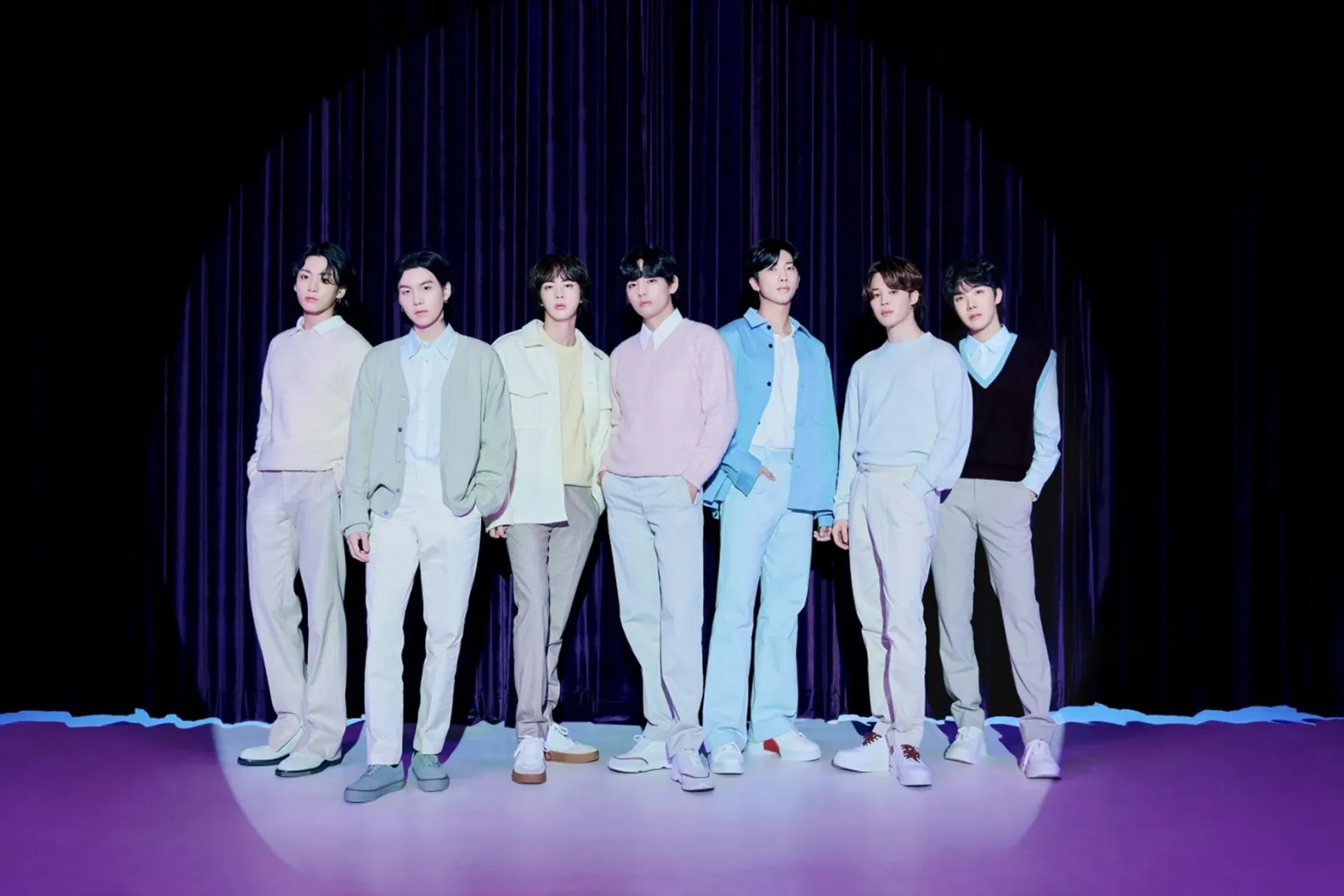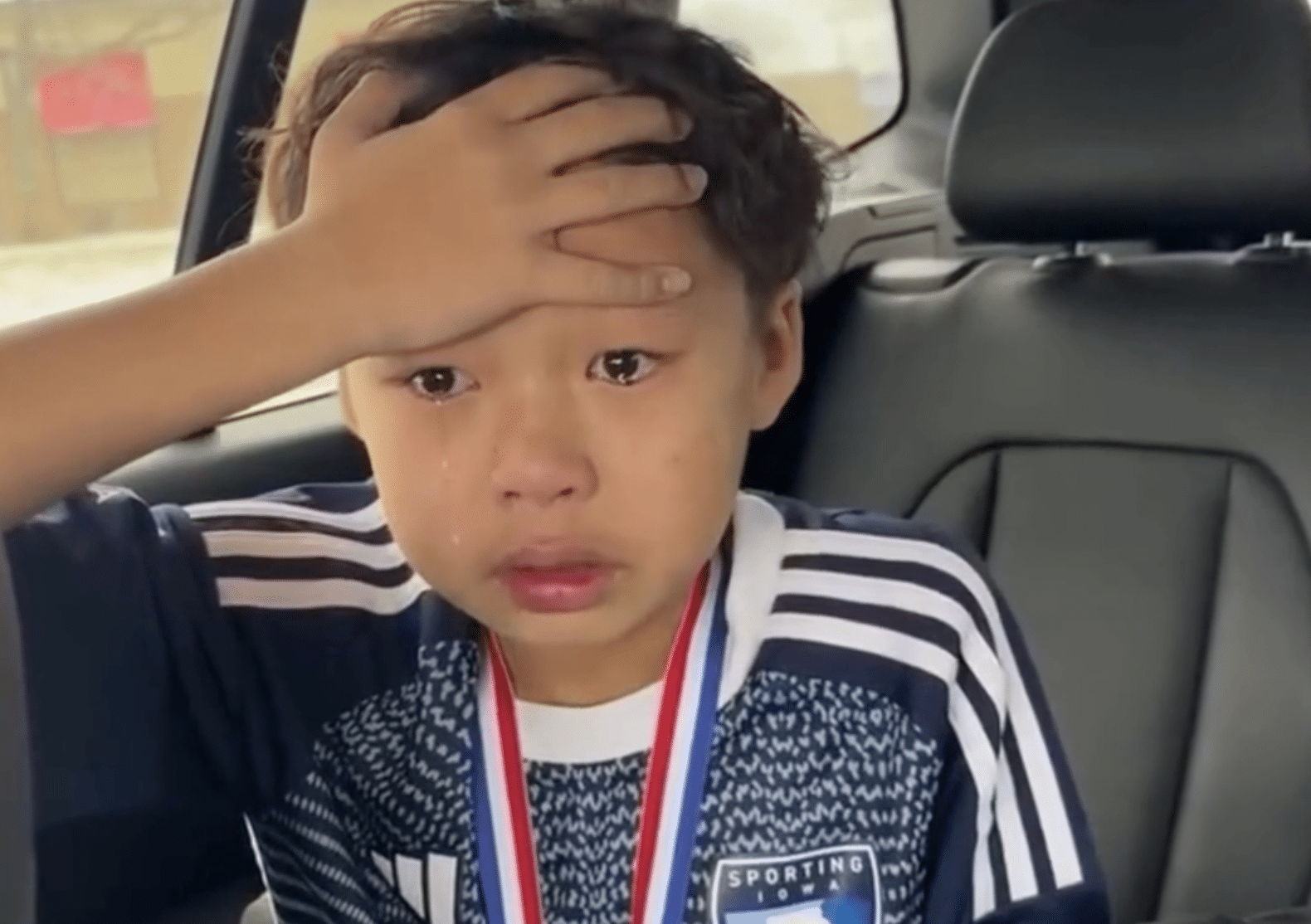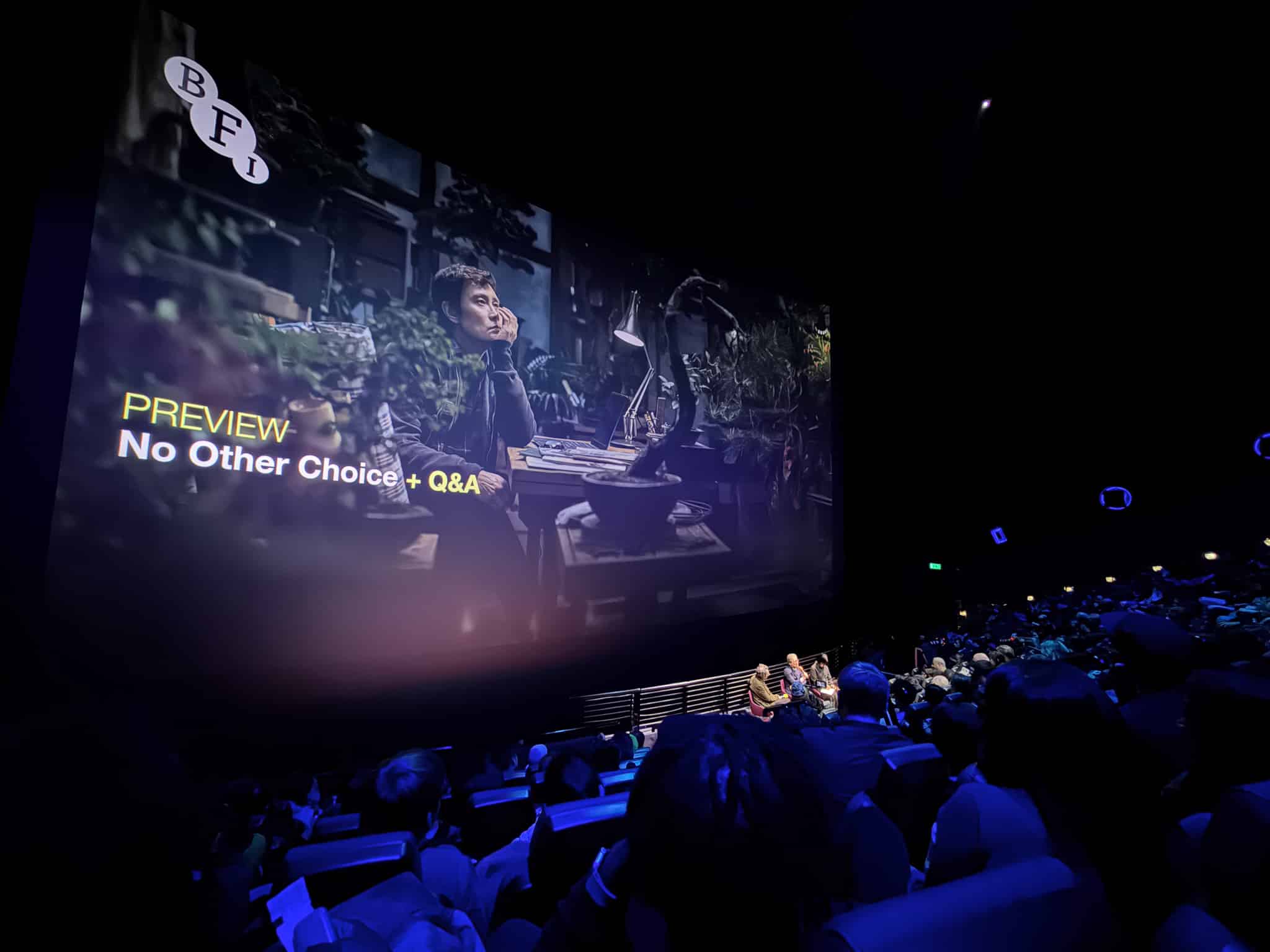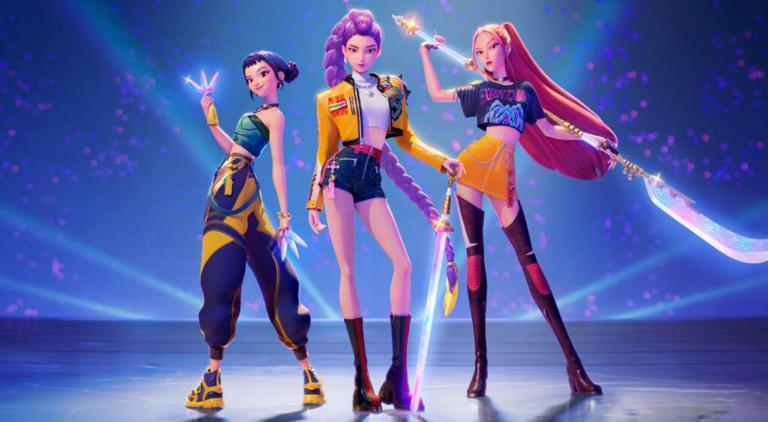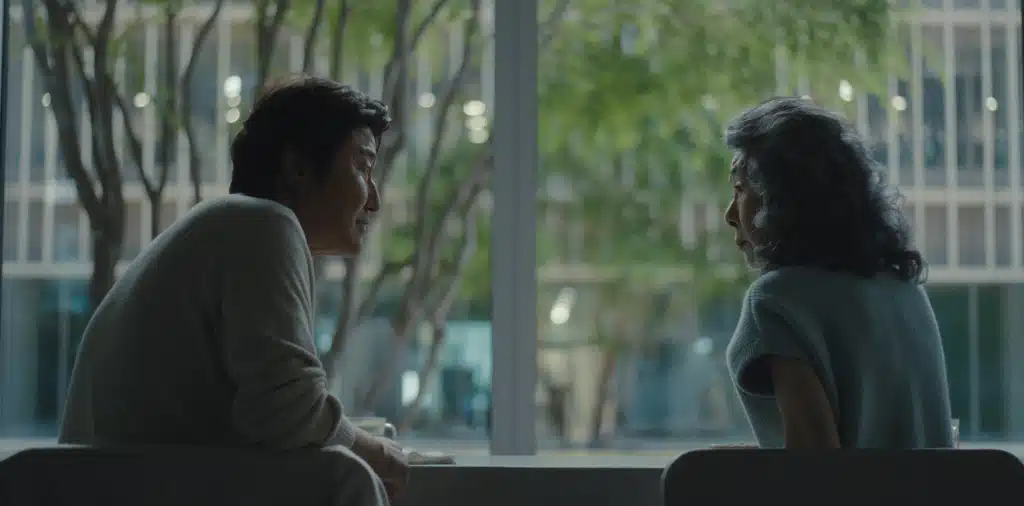Chum Darang, an actor from Arunachal Pradesh who has appeared in films such as Badhaai Do and Gangubai Kathiawadi, has spoken candidly about the racism she has experienced in Mumbai and the persistent lack of representation for actors from North East India in the Indian film industry.
Darang, who recently gained wider recognition as the fourth runner-up on the reality TV show Bigg Boss 18, revealed in an interview with BBC India that she moved to Mumbai in 2018 with “big dreams.” However, her initial experiences were marred by racism.
“Young boys at the mall called me names, and I didn’t know how to react,” Darang recalled. “They were calling me momo and chow chow.” She described the casual racism she encountered, highlighting the assumption that her appearance automatically linked her to China and the derogatory terms used to target her. This experience, she said, forced her to develop a “thicker skin.”
Darang also noted that the racism intensified during the Covid-19 pandemic in 2020, with people making racist remarks and blaming her for the virus, underscoring the deeply ingrained prejudices faced by people from the North East.
While Darang has found some success, she believes the film industry still has a long way to go in terms of providing meaningful roles for actors from her region. “I mean, it’s very evident that roles for us are still not written like how it should be,” she stated. “It’s very less. So, the chance of getting (lead) work is tough in here.”
Read more: Conan O’Brien Speaks Chinese at Oscars, Sparks Mixed Reactions
She discussed her role in Paatal Lok, where she played a Chinese infomercial girl. “I did this role in Paatal Lok, I did the role of a Chinese infomercial girl. I had to do it because I needed money,” Darang explained, highlighting the difficult choices actors from the North East are often forced to make due to limited opportunities. “After that, I realised, nahi, I am meant for bigger things,” she added, expressing her aspirations for more substantial roles.
Darang’s experiences shed light on the ongoing struggle for inclusivity in Bollywood. While she acknowledges that “things are changing,” she emphasizes the need for the industry to move beyond stereotypes and provide greater opportunities for actors from diverse backgrounds.

